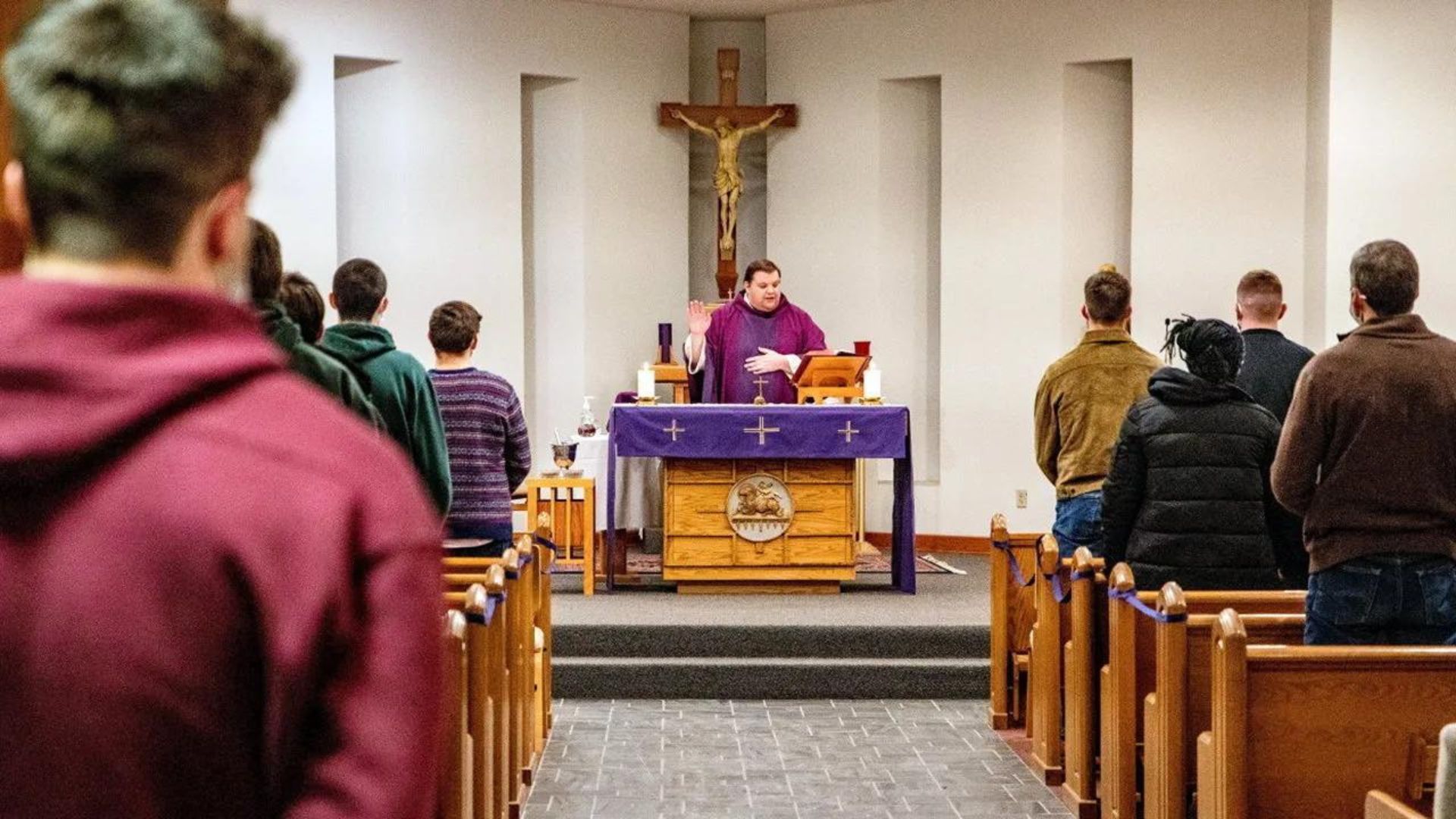
|
Getting your Trinity Audio player ready...
|
The nature of religion shapes individuals’ beliefs, morals, and societal values, influencing diverse perspectives in today’s complex and interconnected world. In the ever-changing tapestry of contemporary society, the nature of religion has undergone a profound evolution, shaped by cultural shifts, technological advancements, and diverse perspectives. This exploration delves into the nuanced dynamics of religion in today’s life, unraveling the complexities that define faith in the modern world.

1. Pluralism and Diversity
- Overview: One of the defining features of the modern religious landscape is the increasing diversity of belief systems. In today’s interconnected world, people encounter and embrace a myriad of faiths, fostering a spirit of religious pluralism. This diversity encourages dialogue, understanding, and a celebration of the richness that different religions bring to society.
2. Technology and Spirituality
- Overview: The digital age has not only transformed how we connect but also how we express and practice our faith. From virtual religious services to meditation apps, technology has become a tool for fostering spiritual growth and connecting individuals with their faith communities, transcending geographical boundaries.
3. Shifting Religious Identities
- Overview: The nature of religious identity is evolving, with individuals crafting personalized expressions of faith. Many people today identify with spirituality rather than subscribing to traditional religious labels. This shift emphasizes a more individualized and eclectic approach to one’s spiritual journey.
4. Social Justice and Faith
Overview: Religion is increasingly intertwined with social justice movements. Many faith communities actively engage in advocacy and humanitarian efforts, aligning their beliefs with the pursuit of justice, equality, and compassion. This integration of faith and social action reflects a commitment to making a positive impact on the world.
5. Secularism and the Rise of Non-religious Affiliation:
Overview: The contemporary landscape witnesses a notable surge in secularism, accompanied by the growth of non-religious or atheist affiliations, reshaping the dynamics of religion. This shift underscores a fundamental change as individuals opt for paths outside traditional religious frameworks, placing a premium on personal autonomy in matters of faith.
The Emphasis on Personal Autonomy
Increasingly, people are navigating their spiritual journeys with a focus on personal autonomy. This departure from traditional religious structures signifies a broader societal trend wherein individuals seek to define their beliefs independently. It highlights a profound shift towards a more individualistic and self-directed approach to matters of faith.
6. Globalization and Interfaith Dialogue
Overview: Globalization’s far-reaching impact has fostered heightened interactions among individuals from different faith traditions. In this interconnected world, interfaith dialogue has evolved into a crucial instrument for nurturing understanding, dispelling misconceptions, and constructing bridges between the rich tapestry of diverse religious communities.
Interconnectedness in the Globalized Era
The interconnected nature of the contemporary world, fueled by globalization, has dismantled barriers, enabling people from distinct religious backgrounds to engage in unprecedented ways. This interconnectedness catalyzes shared experiences, mutual learning, and the recognition of shared values.
Conclusion
In conclusion, the nature of religion in today’s life is a dynamic and multifaceted phenomenon, shaped by the forces of globalization, technological progress, and changing societal values. As we navigate this intricate landscape, it’s crucial to recognize the diverse expressions of faith. Also, the role of technology in fostering spiritual connection. May our understanding of the evolving nature of religion contribute to a more inclusive and harmonious coexistence in our modern world.
